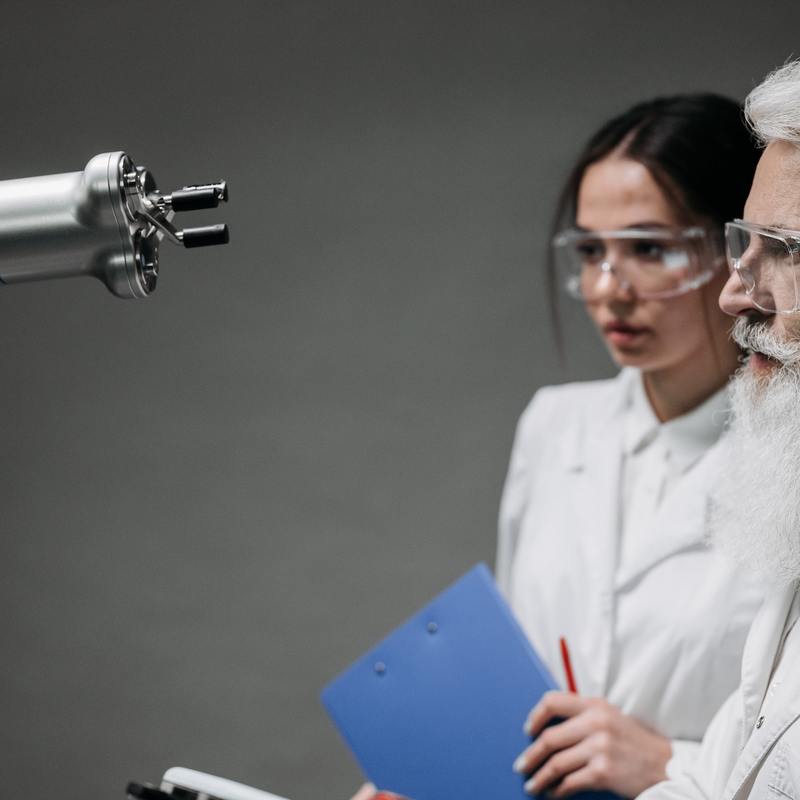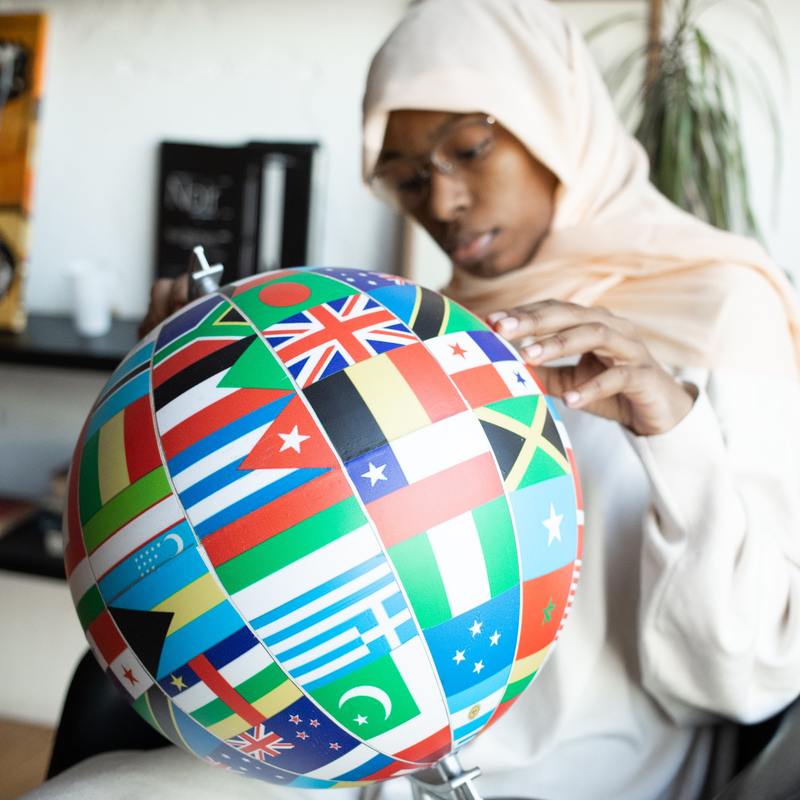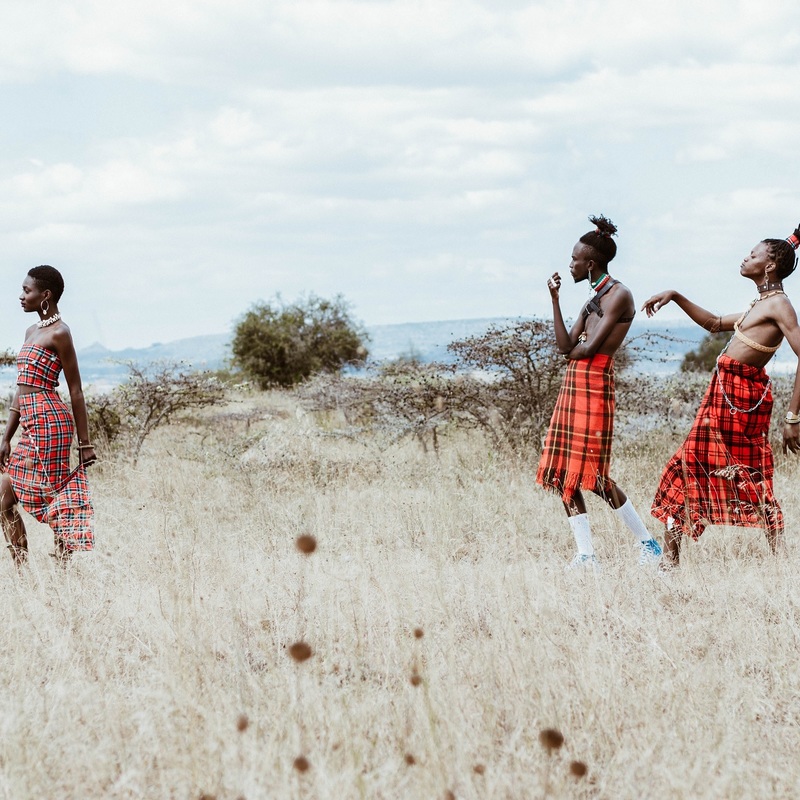Search
Love Languages: the Science and Your Mental Health
DOI: 10.17160/josha.10.3.884
The concept of love languages is widely known, but is there any scientific evidence to support their existence? This newsletter explores the science behind the popular concept of love languages and their impact on our mental health. Despite academia's reluctance to study this topic, understanding love languages can help us practice self-reflection and ultimately inspire change. It is a summary of the research on love languages and their neurobiological differences, as well as their influence on the quality of our romantic relationships. This article offers a unique perspective, placing the concept of love languages in the context of brain activity and discussing the practical implications for our mental health. This article was first published in Subkiton on October 14, 2022 (https://www.subkit.com/pernillebuelow/posts/love-languages-the-science-and-your-mental-health).
The Neuroscience of Attachment Styles
DOI: 10.17160/josha.10.3.883
The type of attachment style formed in infancy with primary caregivers is a strong predictor of mental wellbeing in later life, influencing how individuals develop relationships, trust, self-confidence and emotional regulation. While other factors contribute to the risk of mental health and psychopathology, attachment styles provide a reliable understanding of individual development and help to target interventions to specific needs. Parental attachment style is a strong predictor of infant attachment style and reproduces behaviours that reinforce attachment style. Insecure attachment styles can lead to a vicious cycle of poor mental wellbeing. Longitudinal studies report a higher likelihood of depression and self-harm in adolescence for those with insecure attachment in childhood. This newsletter explores the science of attachment styles, their impact on brain development and function, and their implications for mental health.
Hybristophilia and Heaven: The Ballad of Gert and Joey
DOI: 10.17160/josha.10.3.881
In 1989, Gert van Rooyen and Joey Haarhoff abducted and murdered six young girls, with no trace of their bodies ever found. The crimes occurred during a period of social breakdown in South Africa, marked by disillusionment with the Dutch Reform Church and the emergence of vast conspiracy theories. Gert was a known paedophile, and the involvement of his partner Joey can only be explained as a form of active hybristophilia. The couple's religious involvement is also notable, with Gert exhibiting characteristics of a cult leader. The crimes remain horrifying in a country with high rates of violence, rape, and murder.
“JOSHA’s Critical Review of ‘How to Regulate Evolving AI Health Algorithms’ by David W. Bates”
DOI: 10.17160/josha.10.2.880
This is a critical review of the article "How to regulate evolving AI health algorithms" by David W. Bates. The article discusses the challenges of regulating healthcare information technology, specifically AI algorithms, due to their continuously evolving nature. The author argues for updated regulatory approaches that allow for continuous learning and adaptation of these algorithms while prioritizing safety and effectiveness. While the article presents valuable insights into the potential benefits and drawbacks of using AI algorithms in healthcare, it does not fully address potential negative effects and ethical and legal implications. Future studies should explore these issues to develop appropriate regulatory frameworks.
The Prophet Ezekiel, the Relentless Vision and the Call of History
DOI: 10.17160/josha.10.2.879
The Old Testament is the history of Israelite people expressed through their prophets. The original charismatic figures, prophets were chosen, rather than born – whether they wanted to or not. Prophets did not have an easy ministry. Their communities were reluctant to abandon hedonistic or sacrilegious lives while incorrect predictions of the future could lead to death. The Babylonian exile was a turning point in the history of the Jewish people. An elite group were forced to leave Jerusalem and make a new life in a distant location and foreign culture. Ezekiel, as one of the exiles and a descendant of a priestly family, is the only prophet to have operated outside the Holy Land. His famous chariot vision turned him to prophesy and the need to convince his flock to return to godly practices. The moral failings of the Israelites, he said, would lead to the destruction of the Temple.
Our Relationship to Democracy
DOI: 10.17160/josha.10.2.876
The article discusses the lack of political accountability and cultural repression in the aftermath of the September 11 attacks. The author highlights events such as the invasion of Iraq and Afghanistan, the rise of the Taliban, and the formation of ISIS, which have caused irreparable damage to the affected regions. The author argues that it is necessary to be critical of the homogenization of an entire religion or region, and to acknowledge the diversity of experiences and identities within Muslim countries. The article emphasises the need to understand Muslim women's and men's writings in their own words, about their religious and political beliefs, practices, and perspectives. The author calls for dismantling outdated Orientalist myths and avoiding painting an overly romantic picture of the East.
Editorial Volume 10, Issue 1
DOI: 10.17160/josha.10.2.882
In 2023, Josha brings a diverse range of publications. Jörg Friedrich explores death and the value of life through Hannah Arendt's quote, while Pernille Bülow proposes group-based activities as a better solution to depression than traditional treatments. Other contributions include Robert M. Kaplan's piece on the "mother of psychosomatic medicine," Sonia López Rendón's examination of privacy violations in social network inquiries, Usman Al-amin's study of tribal signs as cultural identification, and Soham Mukherjee's advocacy for wildlife conservation, including ways to avoid and deal with snakebites and the importance of the Gomti Lake in Gujarat for protecting an endangered freshwater turtle species.
The Tribal Marking Among the Kanuri People of Borno, Nigeria
DOI: 10.17160/josha.10.1.874
Tribal marks are also known as facial scarification was a long cultural heritage that has been in practice in various ethnic groups in Nigeria. The Kanuri of Borno is not an exception to this traditional practice. These unique marks cannot only be seen in the face alone rather they can be seen in another part of the body including the belly. The cultural practice of facial marks has been performed among the Kanuri of Borno for several reasons which include fashion, identification of culture, security, beauty, and inordinate self-esteem. Apart from these, it is also very similar to today’s International Passport for the Kanuri wherever they found themselves Abubakar (2017). The process of marking face starts from the early stage in life especially during the infant stage and when the child grows discovers the cultural symbol on his face that represents its history, tribe, and origin. The facial scars vary from one ethnic group to another.
Short Communication: The Importance of Modern Zoos and Animal Sanctuaries in Promoting Wildlife Conservation and Education
DOI: 10.17160/josha.10.2.870
Modern zoos and animal sanctuaries play a vital role in wildlife conservation, research, and education. In addition to promoting ethical treatment of animals, these facilities also provide a unique opportunity for children to learn about social awareness, environmental guardianship, recognizing interdependence, social emotional learning, and developing empathy. Through experiential learning and hands-on experiences, children can gain a greater understanding of the natural world and the importance of compassion and respect for all living beings. By supporting these facilities and encouraging them to continue their good work, we can help to protect and care for animals, and promote a greater understanding and appreciation of the natural world.
A Cry for Community
DOI: 10.17160/josha.10.1.869
In the Western culture, mental illness is often addressed with antidepressants and therapy sessions. While this strategy may provide relief for some, many do not improve and the effects are not sustained. What’s missing for these people? For decades, researchers have found significant improvement in mental wellbeing when people engage in community activities, such as dancing and volunteering. Yet, community strategies are most often neglected in the Western healthcare system. In this article I address the research on the effects of community activities on mental health, and demonstrate its potential as a treatment strategy for mental illness. I end the article with four evidence-based strategies for using community building as a frontline-therapeutic approach. This article was first published in Subkiton July 08, 2022 (https://www.subkit.com/pernillebuelow/posts/a-cry-for-community-166c64b4-8d08-4e9f-bdca-986eb0d6fff6).









